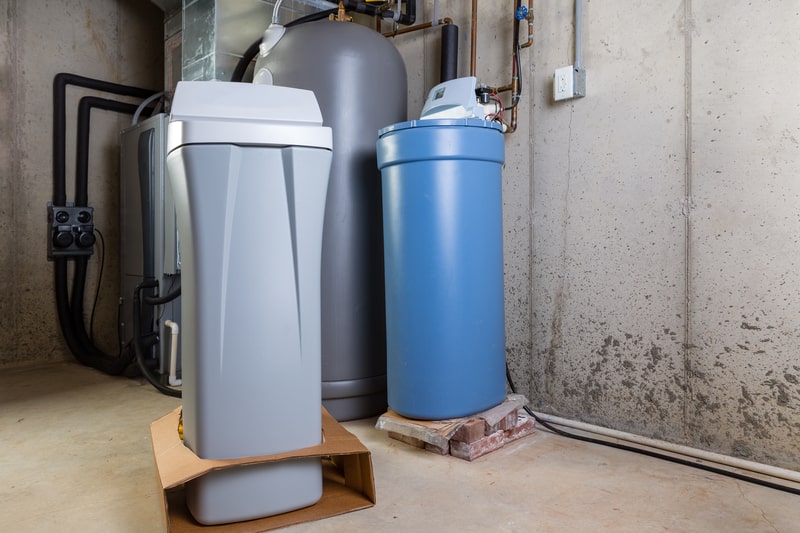
If you are someone who uses so much water, it’s needless to say that you need to treat the water. However, to make sure the water is safe to consume, it’s essential to utilize the water softener tanks. There are special water softening salts available in the market, but many people wonder if you can utilize the pool salt in the water softener tanks. So, let’s see if this is a possibility!
Can You Use Pool Salt In A Water Softener Tank?
When it comes down to the pool salt, it has an equal purity level as compared to the water softening salts, but many people are put off by the idea of coarse grains of the water softening salts. On the other hand, the finer grain of pool salt tends to encourage salt bridging and adversely impacts the mixing of brine.
The Outcomes Of Using Pool Salt In The Water Softener Tank
To begin with, the finer pool salt doesn’t allow seamless water flow, and the flow will be slowed down. If you use pool salt in the water softener tanks, it will act as the dense water filter where you should be using the non-dense filter. So, when the water softener tanks draw in the saltwater from the tank, it will be diluted through freshwater that comes through the taps. On the other hand, if the saltwater or brine doesn’t draw out the tank quickly, the brine will be diluted to the extent where it’s not effective enough.
Slow Drawing
The dense salt leads to slow drawing of salt water or brine, which means the drawing will be set for the end of the water regeneration process – it results in a saltier flavor in the water. Generally, the brine is extracted from the tank pretty quickly, which is then passed through the water softening resin. Then, it is rinsed away via freshwater when the saltwater/brine is cleared from the tank. On the contrary, if the brine extraction is slow, the freshwater won’t draw brine from the water softening tank to the point where there is no leftover brine. As a result, the salty brine will be in the tank, which will come out from the faucet.
Clogging Of The Valves
On top of everything, the small particles from the pool salt tend to clog the valves of water softener tanks. Whenever the salt is sitting in the water within the tank, it will turn smaller because some parts of it dissolve in the water. In case you use the large-sized salt, their crystals will have different shrinking rates, which means not all of them are tiny. It means that the crystals will be drawn into the control valve of the water softener system. In case the salt crystals have smaller crystals, the majority of crystals will flow through the valves, resulting in salt buildup. Keep in mind that this buildup will be extremely expensive to repair, and you might have to replace the entire control valve system.
Disrupted Regeneration Process
It is needless to say that the salt crystals are big, which is why they are left behind in the water softener tank and will create the salt bridges between the water and salt within the tank. It will hinder the regeneration process until you manually clear the bridges. This is because the pool salt tends to be denser as compared to the water softening salts – it’s the complete opposite of what you need to do. Keep in mind that even if the freshwater does the job, it will be slow, which disrupts the water softening process.
Salty Water
Last but not least, the pool salt doesn’t allow the water to flow at the recommended speed, which means the brine will be corrupted with freshwater. So, if it doesn’t ensure quick drawing, it will not work quickly enough. As a result, the salt will be left in the water, resulting in salty water.
Is It Possible To Use Pool Salt In The Water Softener Tank?
At this point, it’s pretty clear that you should not use pool salt in the water softener tanks. On the other hand, you can surely use the water softening salts in the pool because they don’t have additives or debris and tends to be extremely pure. Having said that, don’t use any salt which is labeled as crystals because there might be some dirt and debris mixed into the salt.